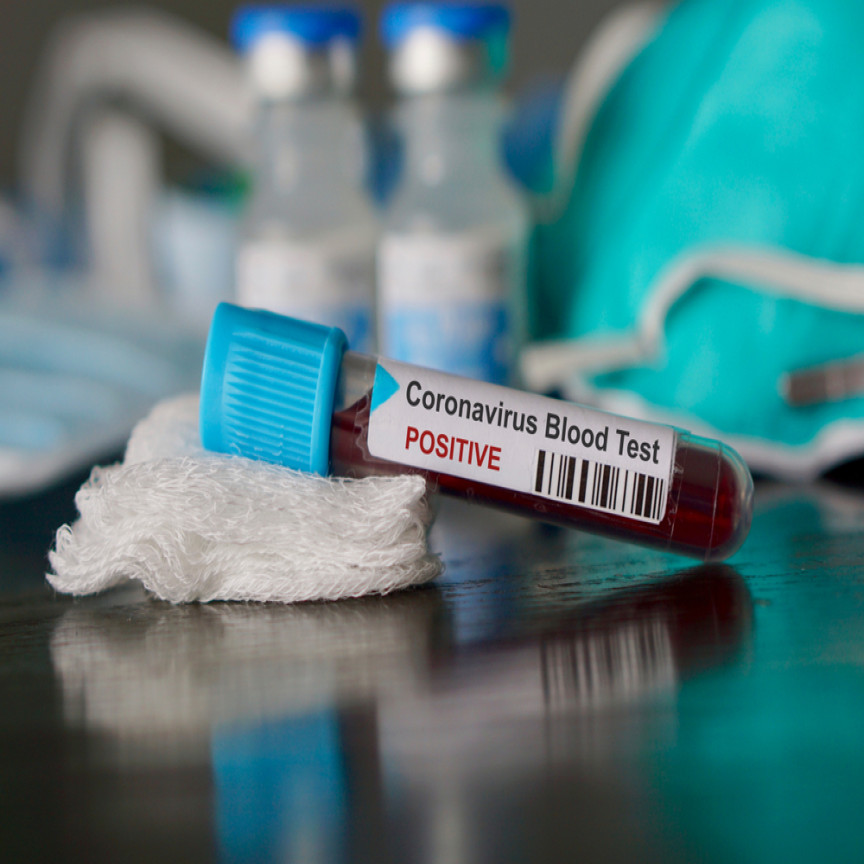Coronavirus has taken a toll on the global economy by killing and affecting thousands, risking economic growth of every country. Every time you come across the latest coronavirus update, the condition appears grimmer shaking your optimism to the core.
Coronavirus which originated in the central city of Wuhan, China has affected 80,754 people in the country till date sparking panic that sent a chill through the global economy. After a lockdown in Wuhan and several other cities, COVID-19 continues to spread.
Number of cases: 114,422
Death toll: 4,027
Recovered: 64,081
COVID-19 outbreak has affected 109 countries and territories globally, including international ship The Diamond Princess cruise ship in Japan. The epidemic that began in China is rapidly spreading around the world and resulting in major economic fallouts for the affected countries.
COVID-19 Updates
The virus that originated in China has taken 3,136 lives within China followed by 463 and 237 deaths in Italy and Iran respectively. Cases have also climbed in India, Malaysia, US and Iran.
With brutal drawdowns in financial markets, falling bond yields, a manufacturing contraction and weakened momentum, the world economy is on a path to recession triggered by fears of a global pandemic.
How prepared is domestic economy?
Australia has 89 confirmed cases till March 9, 2020, of which 22 recovered and three deaths have been recorded till now. New South Wales is topping the charts at 40 followed by Queensland. About 31 deaths were due to travel history to Iran and Wuhan in China.
|
Region |
COVID-19 Cases |
|
New South Wales |
40 |
|
Queensland |
12 |
|
Diamond Princess Cruise Ship |
10 |
|
Victoria |
8 |
|
South Australia |
6 |
The overall risk to the Australian population from COVID-19 is low as per AHPPC, Health Protection Committee of Australia. However, a slew of measures is being taken by the Australian Government.
The PM has declared activation of Australian Health Sector Emergency Response plan amidst indicating that the world will enter a pandemic phase. He also announced the National Coordination Mechanism that will synchronize with sub governments and industries to ensure a consistent approach to provide essential services across a range of sectors and supply chains.
ALSO READ: Australian economy fragile amidst virus uncertainty - Are there any pockets of Opportunities?
The Government has also started a 50-50 health funding scheme shared between the States and territories, to give a prompt answer to the COVID-19 outbreak. Starting from travel restrictions, to travel advice and implementation of new measures for screening of people at the airports, the Government is taking much-needed efforts to safeguard Australians for COVID-19 outbreak.
“Coronavirus is expected to take 0.5% off the Australian GDP in the next economic quarter”, stated by the Australian Treasury.
To counter the negative impact of coronavirus, Australian government has recently promised a stimulus package to provide financial support to households.
The UN has released US$ 15 million to support global efforts to cope up with COVID-19 as WHO upgraded the global risk from COVID-19 outbreak as “very high”.
However, more cases are expected to occur in Australia after new cases are being reported day by day.
International preparedness remains weak
The COVID-19 outbreak in China and South Korea appears to be decelerating; countries around the world are taking radical measures and bracing up to combat the virus.
Italy and Iran continue to face the world’s most serious outbreak after China. Italy has cut off its entire worst-hit towns of Lombardy and Veneto regions with public events to happen behind closed doors only.
While Saudi Arabia has suspended all schools and has sealed off its Qatif region as virus cases rise in the country, the UK is also prepared with its COVID-19 plan to contain the outbreak with Britain on edge.
ALSO READ: Coronavirus Takes a Toll on Global Markets
The US is not well prepared for the virus due to delays in testing for COVID-19. Apart from these, social factors like lack of health insurance and high medical costs remain a significant concern for people being reluctant in getting tested. Another growing concern is ensuring that healthcare workers have proper supplies and equipment to do their jobs safely.
However, it remains at the top amongst the countries prepared to deal with a pandemic as per the Global Health Security Index followed by UK, Netherlands and Australia.
The Global Health Security Index, a study of 195 countries, finds the security of national health to be “fundamentally weak” around the world.
According to World Economic Forum report, “Economists estimate that pandemics will cause average annual economic losses of 0.7% of global GDP”.
Countries must take robust measures to detect the cases early, isolate the patients and trace all the contacts to stop putting more lives at risk.
Any accurate response cannot be figured out from the governments and forecasters as uncertainty surrounds the route of the epidemic.
Social distancing increased home working and restricting public events are some of the steps being taken by every Government to combat the COVID-19 outbreak.



